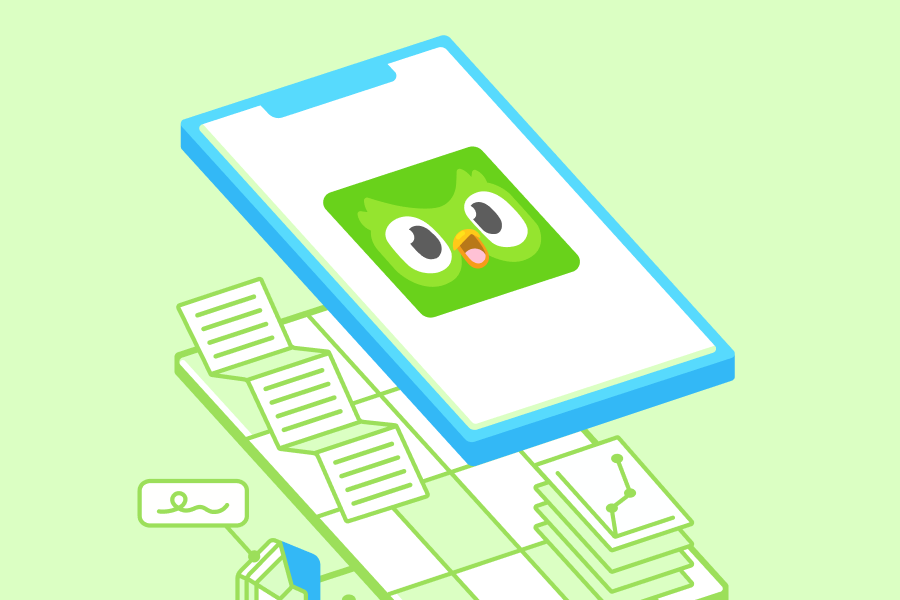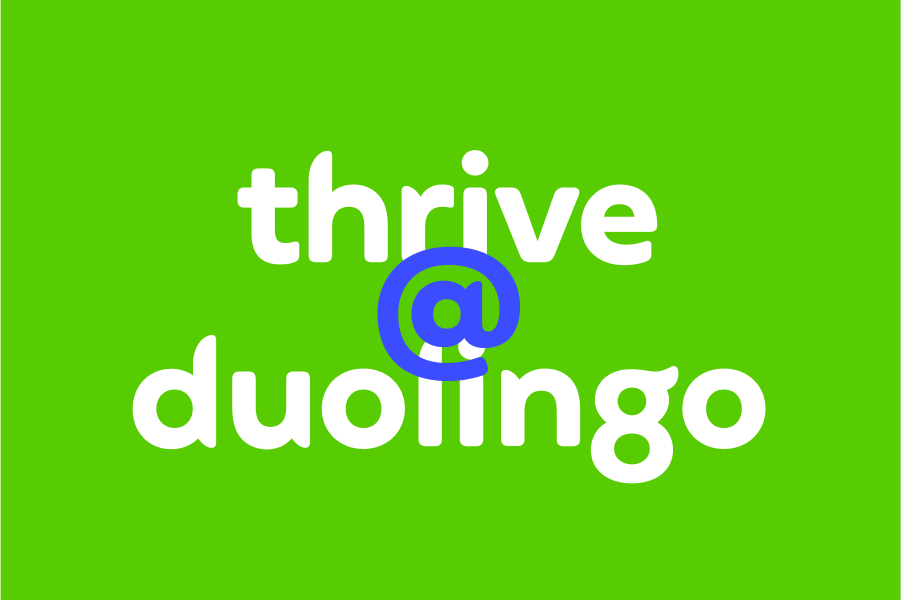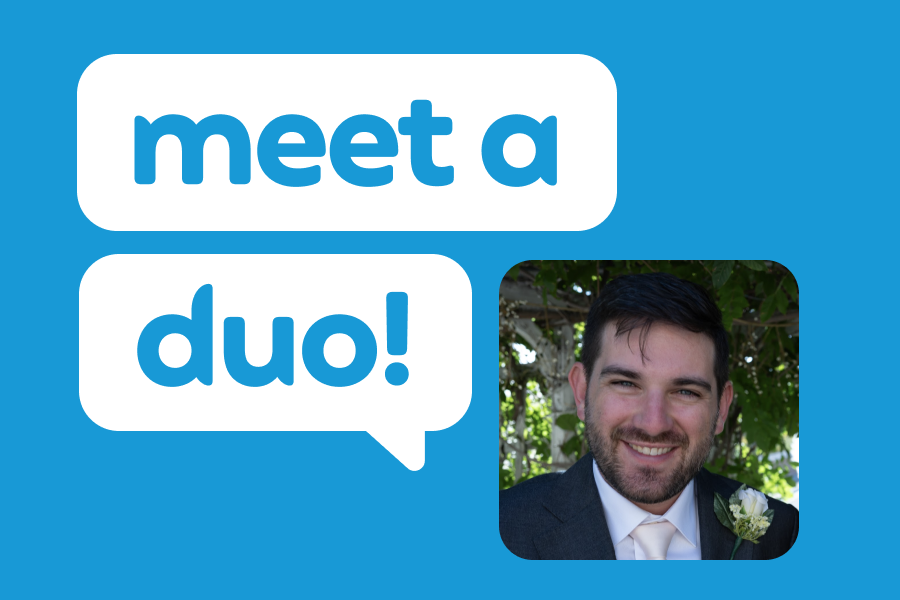At Duolingo we recognize that while talent is equally distributed around the world, opportunities are not. Our mission is to eliminate barriers to education, and no population faces more barriers than refugees, the most underserved population in education by far.
That’s why we've partnered with UNHCR to create a first-of-its-kind program to improve pathways to higher education for refugee students. We provide one-on-one guidance and assistance with the university and financial aid application processes to help students make it through the admissions process, and continue to pursue their dreams.
We’ve also partnered with Talent Beyond Boundaries (TBB), a non-profit organization that helps refugees find jobs and immigrate to other countries.They’re aiming to help place 15,000 doctors, engineers, and other skilled refugees over the next five years, and we’ve committed to providing free Duolingo English Tests for every one of them.
What does education mean to a refugee?
In a word—everything. Refugees often miss months and even years of their education due to displacement and disruption. For these students, education can help them reshape their lives, and reach their full potential.
For Sana, an Afghan student currently taking refuge in India: “Education is power, freedom, and is the key to opening the golden doors [of opportunity].”
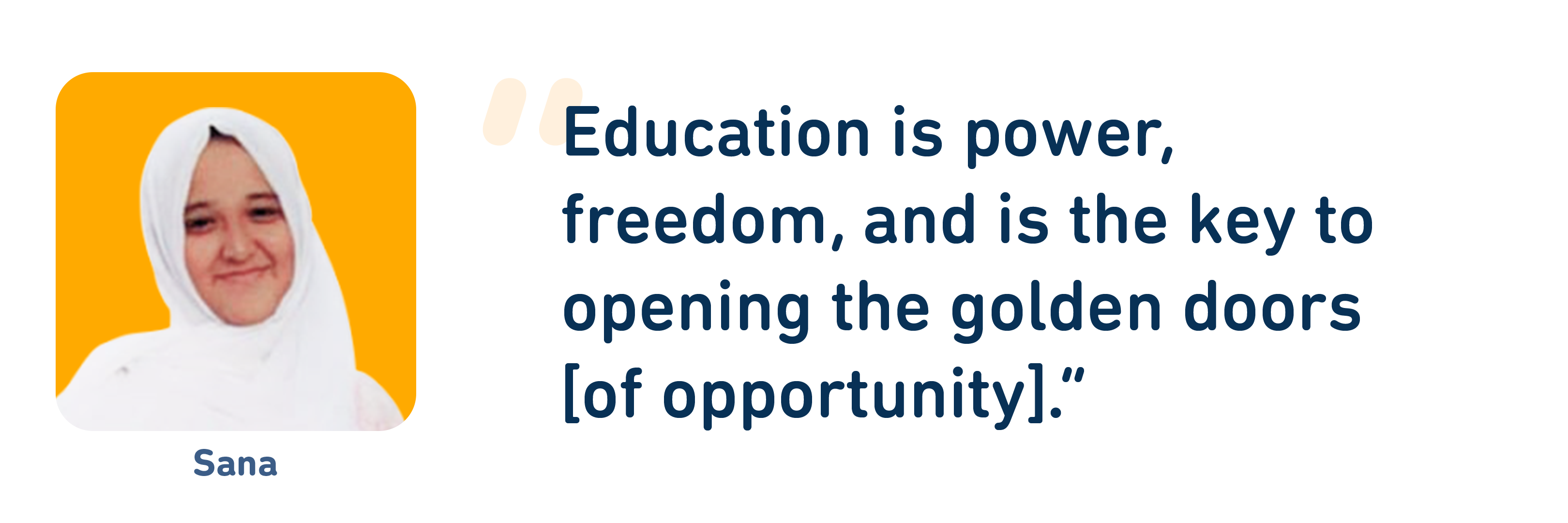
Somali student Roza sees education as a path forward. “Education is a passport I can call mine without any uncertainty. It’s the reason I wake up every morning, hoping for a better future for generations that will come after me. As a first generation graduate I will create a path for those after me to follow without any fear of uncertainty.”
Zena comes from Democratic Republic of the Congo, and currently lives in South Africa. She thinks of education as a bridge: “Education is like a bridge that connects me to my future success. I believe that I have to cross that bridge of education to be able to fulfill my dreams and ambitions.”
For Gloria, who also hails from the Democratic Republic of the Congo, it’s about being heard. “To me, education means having a voice. Not just any voice, but a loud one. A voice that can usher my name into rooms that I never would have dreamed of.
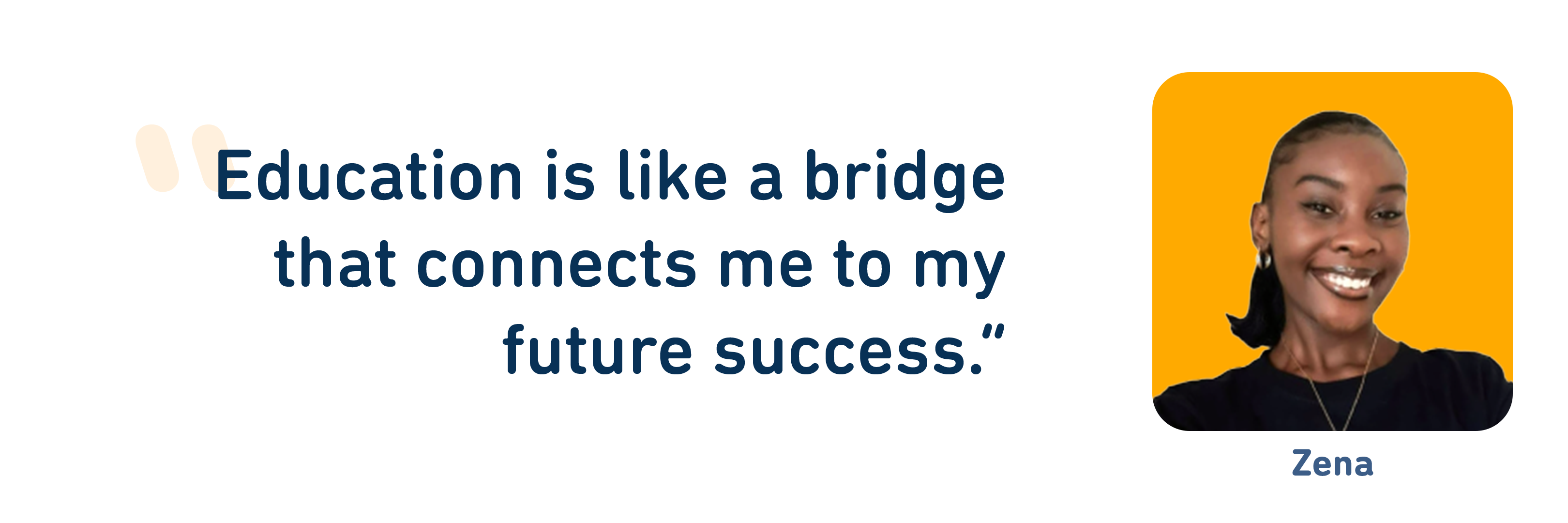
These scholars are going places!
We’re proud to say that many of the students in our first cohort have been accepted at some great programs and are headed into fully-funded university opportunities.
Asadullah is from Afghanistan and currently lives in India. He’s been accepted at Georgetown University, Washington D.C., where he plans to study computer science and software engineering.
Farhana, who hails from Myanmar, received four offers of admission with full financial aid from universities in both the United States and Canada. . She plans to enroll at the University of British Columbia to pursue political science, with the aim of becoming a leader for the Rohingya community.
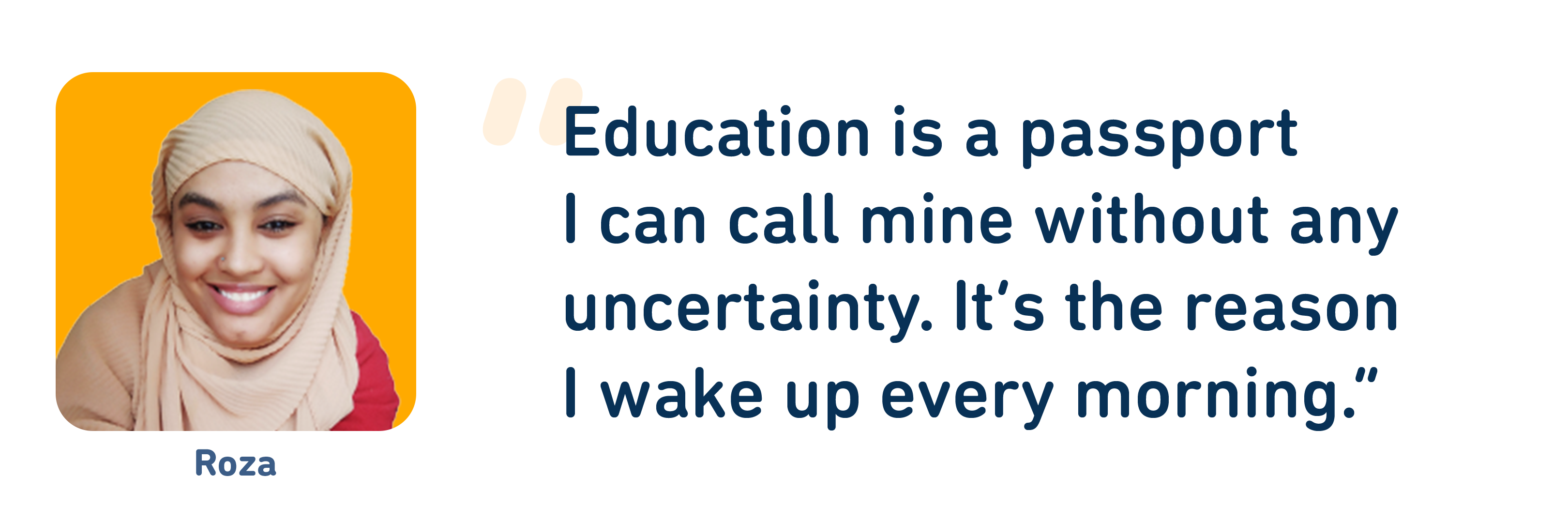
Jessy comes from Democratic Republic of the Congo, and currently resides in South Africa. This fall he’s headed to Dartmouth, where he’ll double-major in Environmental Studies and Filmmaking, and use his creative talents to make art that will raise awareness about climate protection across sub-Saharan Africa.
Originally from Burundi, Alimas is now a Regents' and Chancellor's Scholar at UC Berkeley, where he plans to study information systems and cognitive science.
In total, 20 out of 25 students have earned offers of admission and financial aid in order to pursue their education. And we’re so grateful to universities like Wilfred Laurier and Macalester who have worked hard to make these scholars’ admissions experiences great, knowing that when refugees continue their education, everybody wins.
“These are very talented international scholars that would be an asset to any campus,” says Access Advisor Laura Kaub. “They should be treated like any other international student—the fact that they’re refugees is not what defines them!”
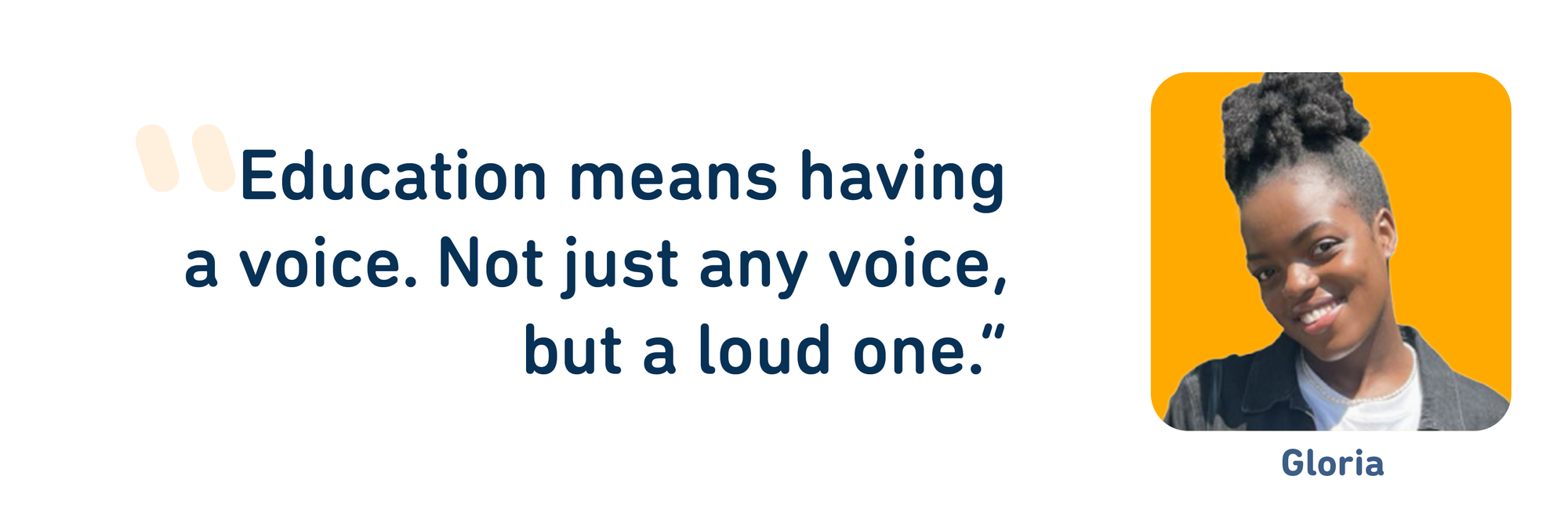
Access meets opportunity
We hope our work will inspire other institutions to learn more about the DET’s Access Program — and maybe even use it as a model for how they might develop their own ways of supporting refugee scholars!
Our partners at UNHCR also have a host of ways that individuals can get involved to support refugees. Consider donating your frequent flier miles, credit card points, or cash to Miles for Migrants, an organization committed to removing transportation barriers that impact people impacted by war, persecution, or disaster, so that they can reunite with loved ones and start new beginnings in safe homes. You can also donate directly to the UNHCR here.
However you choose to get involved, we want to give people a different way to see World Refugee Day: it’s not only an opportunity to reflect on the challenges that refugees face— it’s also a chance to celebrate their successes, which are all the more impressive in light of those challenges!

